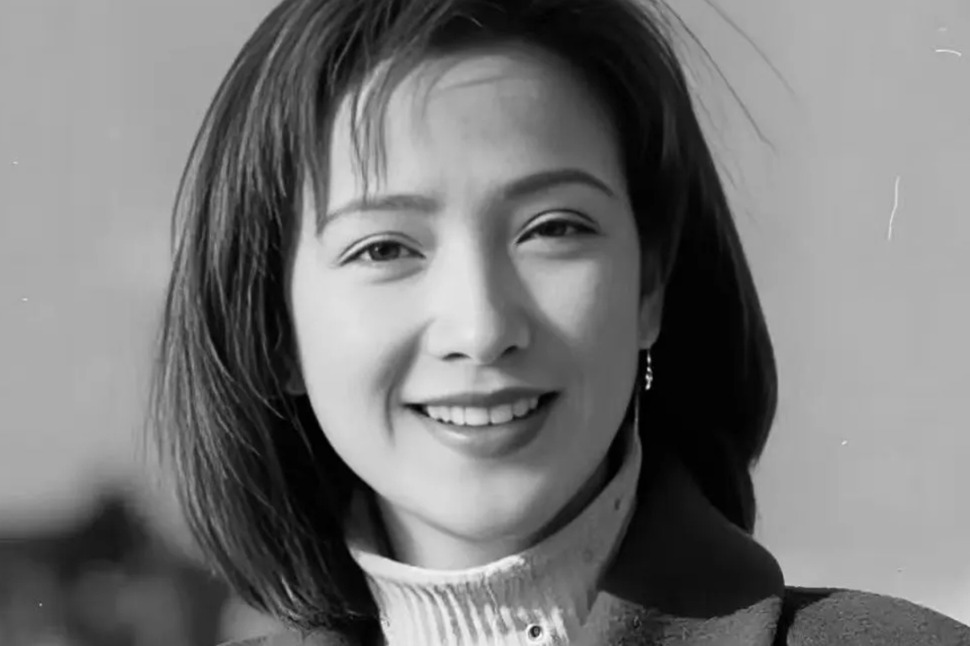Visa difficulties provide cause for concern

"That is of concern because there are opportunity costs," he added.
The US government recently announced an update to the H-1B visa system, which is used by employers, especially technology companies, to hire skilled workers from overseas.
Previously, 20,000 visas were granted to those with advanced degrees, and 65,000 to all qualified applicants every year. The new system, starting next month, will result in 5,340 more immigrants with advanced degrees receiving the visa, while the cap of 85,000 remains unchanged.
The change may encourage international students to pursue advanced degrees, but would have limited benefits from the students' perspective, immigration lawyers said.
Shiyang Gong, an immigration lawyer and CEO of AI Law Inc, a technology company in Silicon Valley, said that under the government's "Buy American, Hire American" policy, the H-1B visa system has witnessed a lower approval rate in the past two years.
The tightened restrictions and the political climate have resulted in many applicants seeking job opportunities elsewhere, she said.
David Lampton, a China expert, said at a recent Stanford University forum that the US should address the strategic problem of how to get the best brains and keep them in the country.
"That is the core of our policy, not how we can keep out brains. This country is built for innovation, and we honor it," said Lampton, Oksenberg-Rohlen fellow and research scholar at Stanford's Shorenstein Asia-Pacific Research Center.
"We have to think what we can do positively to get us moving in the right direction," he said.
- Road accident in East China kills 4
- Health Bureau: Free Chinese medicine services for Tai Po fire victims
- Satellite launch marks a new milestone in UAE-China cooperation
- HK fire: 4,510 residents in shelters as support fund reaches HK$3.6b
- Scholars, industry insiders call for a responsible, scientific, credible think tank research system
- Remains of former Chinese leader Wang Bingqian cremated




































